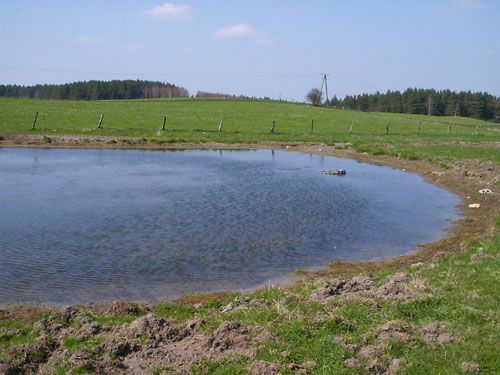
The CLA today said rising levels of drought across Britain could be prevented by building more on-farm reservoirs.
Ahead of the White Paper on Water to be published on Wednesday, the CLA called for planning and permitting systems surrounding reservoirs to be relaxed.
CLA President Harry Cotterell said: "Water supplies for agricultural irrigation are dwindling. It is vital for the White Paper to support sustainable water supplies. Encouraging a sympathetic planning and permitting system to build more reservoirs on farms would help ensure farmers and land managers get a fair allocation of water.
"The current planning system is complicated and expensive. It imposes significant upfront costs and environmental impact assessments which result in delays over non-planning consents."
Mr Cotterell said the issues could be addressed by broadening the review of agricultural permitted development rights, as announced in the Autumn Statement last week.
He said: "The consultation on the re-use of redundant agricultural buildings should be broadened to include better support for developing on-farm reservoirs. Extending permitted development rights would also allow mineral extraction at the same time as providing much-needed water storage."
The CLA published its own water policy paper, The Tide is High: CLA Vision for Water, in December 2010 to influence the Government’s White Paper. The policy focuses on urging farmers and land managers to capture and use water more efficiently while being supported and rewarded for delivering and managing sustainable supplies of water. The Government was asked to provide the framework, research and other support needed to make this happen.
The policy called for the Government to combat water pollution by making a clear scientific and economic case for the quality standards imposed by the Nitrates and Water Framework Directives. It argued that incentives rather than regulation are the most effective way of getting land managers to tackle diffuse pollution of water.
Protecting good agricultural land for food production rather than surrendering it to water is essential for delivering effective flood and coastal management, but the policy added that the Government must back the work of land managers in flood alleviation and coastal defence.
